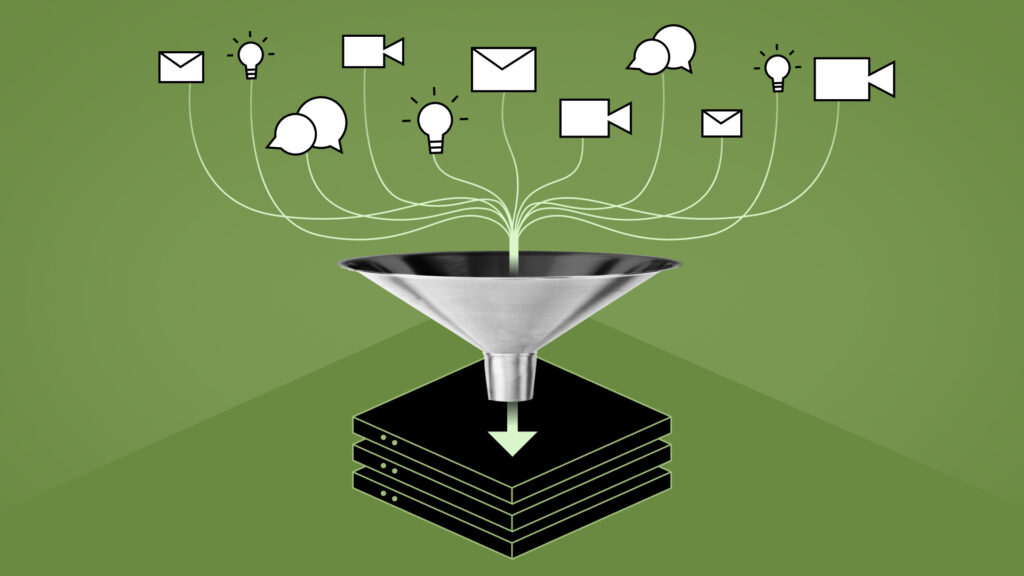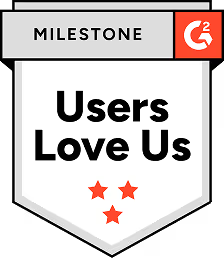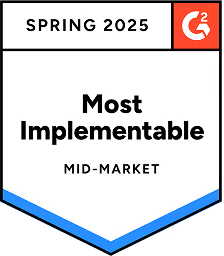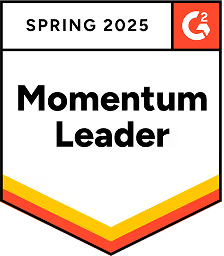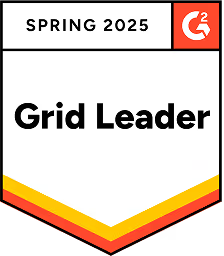AI Tools for Sales Professionals: A Comprehensive Guide
.jpeg)
The conversation around how AI is changing business as we know it is not going anywhere.
It's becoming increasingly evident that AI's impact on various industries is both transformational and here to stay.
Whether it's automation or analysis, it seems like every company has announced or developed some AI-powered component to their solution, making it an even more essential part of modern business strategies.
That said, with the huge explosion in “AI-powered this” and “ChatGPT that”, it can be hard to separate who has an established tool leveraging AI versus a bolt-on feature. For sales teams specifically, it can be hard to see which tools will truly benefit your sales performance.
That’s where we step in.
In this post, we'll cover 5 different AI tools for sales that can maximize sales performance and help you hit that quota.
These tools are purpose built, and designed to streamline processes, uncover valuable insights, and empower sales professionals to deliver personalized experiences that drive results in their pipeline and deal flow.
1. Lead scoring and prioritization
34% of sales reps say that prospecting & lead qualification are sales teams biggest challenges according to a Pipedrive study. For any business to thrive, it is essential to maintain a steady flow of high-quality leads at the top of the sales funnel.
However, sales teams often need help to sift through the vast pool of potential leads and identify the most promising prospects. This is where AI-powered tools come into play, enabling sales teams to efficiently and effectively prioritize high-quality leads and streamline their efforts.
Innovative companies like Explorium are transforming the way revenue teams tackle lead scoring and prioritization. Instead of spending cycles arguing about what is and isn’t a qualified lead, Explorium can go back to the data and identify the actions your prospects take before they become customers.
That way, instead of guessing or manually sorting through numerous inbound or outbound channels and evaluating each lead's potential, AI can expedite this process and identify the most valuable prospects with ease.
2. Streamlining personalized outreach
More leads than a sales team can handle is a bit of a double-edged sword. Fortunately, AI-powered tools are revolutionizing the way sales professionals manage outreach and follow-up processes.
Personalizing outreach emails at scale, AI-driven automation helps sales teams maintain consistent interactions with prospects, ultimately helping move them through the sales process.
With AI handling time consuming parts of the prospecting workflow, sales professionals can instead focus on building relationships and nurturing leads.
For instance, Regie.ai combines your own existing content and messaging with industry best practices and research to craft extremely personalized messaging sequences and one to one emails instantly. It is easy to now equip your reps with AI-powered capabilities to quickly research leads and craft customized messages that make a great first impression in a fraction of the time it takes to do that manually.
These automated processes free up valuable time for sales teams, allowing them to concentrate on higher-value activities that drive revenue growth.
3. Sales Forecasting and Analytics
Sales is never static. No team will ever look at their processes and strategies and say “we’ve perfected it”.
Teams will always be analyzing past performance while also forecasting future scenarios. Both of these activities are vital for strategic planning, resource allocation, and driving revenue growth.
Tools like Clari can provide your sales and ops teams with more precise predictions and deeper insights into the factors that influence sales performance than ever before. They can ingest huge amounts of data from a variety of systems to help understand account health, deals that are at risk, and places where cross-sell/upsell opportunities.
“AI can eliminate the need for manual data entry, manipulation, and analysis, which can be tedious, error-prone, and inconsistent,” reports the Sales Growth group on LinkedIn. “AI can also provide clear and concise reports and dashboards, with visualizations and metrics, that can help sales teams understand and communicate their forecasts.”
By processing vast amounts of historical data or analyzing current market trends, AI-driven algorithms can identify patterns and trends that might otherwise escape the notice of human analysts. This might help with account prioritization, sales territory planning, performance analysis, and budgeting.
4. Enhancing Sales Performance with Conversation Analytics and Coaching
AI technology can also empower your sales team to improve on their interpersonal skills too.
And yes: we appreciate the irony of a robot helping a person be more human.
Thanks to AI-powered conversation coaching tools, sales teams can analyze sales calls and meetings in real-time, assessing factors such as sentiment, speech patterns, and keywords. This analysis highlights areas for improvement and provides tailored coaching, allowing sales professionals to fine-tune their approach and elevate their performance.
This area of AI-tools for sales is only going to get more powerful. For instance, our friends over at Quantified can create AI avatars for your sales reps to talk to. Instead of awkward roleplaying with peers, your reps can instead talk to digital avatars that speak and act like the customers your reps will encounter out in the field.
With more actionable feedback, sales professionals can tailor their sales pitches and communication skills to better resonate with customers and prospects alike.
5. Maximizing CRM Efficiency with AI Integration and Data Enrichment
Sales professionals spend only an average of 30% of their time actually selling. There’s a considerable amount of time spent finding or updating information within their CRM.
Integrating AI-powered tools with your existing CRM system can greatly improve the efficiency of sales processes. By automatically updating and enriching customer data with a platform like Seamless.ai, you can get a more comprehensive (and accurate) view of each prospect. That way, your team spends less time searching for information and more time actually using that info for targeted sales efforts.
By leveraging AI-driven data enrichment, sales teams can uncover hidden connections and insights that might otherwise go unnoticed. For example, AI can identify patterns in content consumption, understand new market segments, or even predict the likelihood that a deal will close.
Armed with this information, sales professionals can better understand their prospects and tailor their sales strategies accordingly.
Where to start leveraging AI tools for sales teams
The true power of AI lies in its ability to make complicated, time consuming tasks for humans, easier.
AI has already changed how sales teams work and it won’t be going anywhere anytime soon.
These days, though, choosing which AI tools you should adopt is a lot like trying to choose a flavor of ice cream at Jeni’s—all of them sound good but which of them fits the situation you’re in?
We’d recommend doing a gap analysis in your overall sales workflows to understand where bottlenecks are.
Are your teams spending too much time researching prospects? Then consider a tool like Regie.ai. What if your teams are losing deals when it gets to the demo phase? In that case, a coaching tool like Optimizely could be the best fit.
Starting with the exact problem you’re looking to solve can help your organization develop an intelligent workflow that meets the high demands of prospect and customer expectations with less effort.
To learn even more about all the ways you can leverage AI in your sales process, check out our latest guide on Generative AI for sales!
FAQs
Read more posts
View all BlogsNeed more help?
If you still have questions, make sure to check out our Help Center: there, you'll find all the tips & advice you'll need to get your team up & running with Regie.ai.

